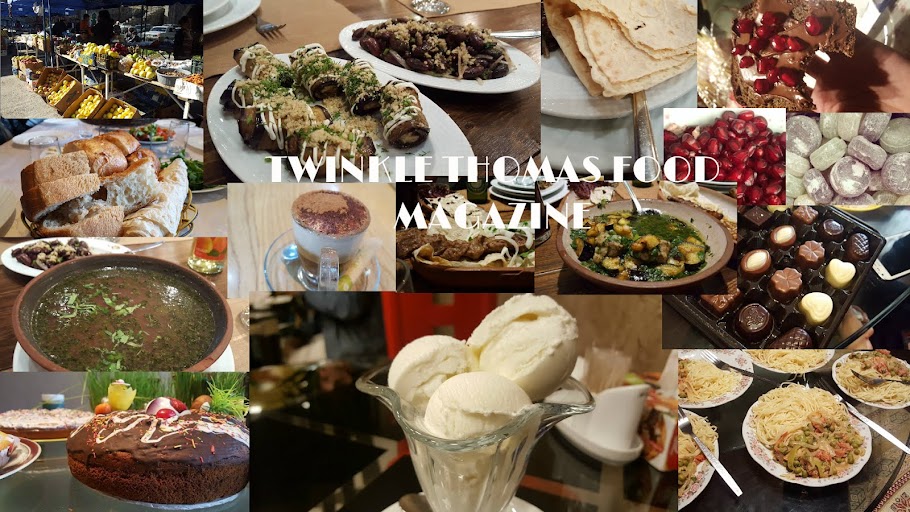 |
| IMAGE OWNER: MAYANGLAMBAM ROJINA DEVI |
Mahabharata chronicles the love story and marriage of Arjun
and Chitrangada. World War II chronicles the tryst of liberation of the INA at
kangla. The boxing world remembers the tryst of M C Mary Kom. Horse riders the
world over who love polo trace their favourite game to here. Welcome to Manipur
a jewel amidst the seven sisters of India. Yes the kingdom whose heir
babrubahan defeated his own father mighty arjun is the place where the game of
polo originated from and taken up by the britishers and popularized. When
Netaji subhash Chandra Bose’s liberating INA unfurled India’s flag to celebrate
liberation it was in Manipur the land of the mighty lokhtak lake. A state that
is synonymous with M C Mary Kom is also home to another iron lady- Irom
Sharmila Chanu. Iron sharmilla as she is popularly known has not had food or
drink since 2000 and is on a fast protesting against atrocities in Manipur.
Indeed Manipur is breathtaking in its beauty, pristine in the throes of the
geet govindam that is found being sung in many a house hold, ferocious in its
protest towards wrong. Life in these lands start early in the day and finish
early too. Agriculture and tourism are major revenue earners, and when we talk
of tourism can we be far from food.
Staple food for a typical Manipuri family is made of rice
seasonal vegetables grown in the kitchen gardens and fish from local ponds.
Typical aromatic herbs and roots are infused in the food to make it taste
different from mainland food. The naga community of Manipur is also influenced
by greater naga cuisine imbibing use of fermented products like akhuni and
bamboo shoot. Singju (salad) kangshoi (stew) and eromba (mashed vegetables with
fermented fish) are some of the typical dishes spread for you at a Manipuri
dinner.
Today’s food journey is about eromba. It’s a low spice cook
that is livened up with ample use of chilli, and is made as a mash of seasonal
vegetables and fermented fish ngari. Eeru taana lonba is the origin of eromba.
Essentially meaning stirring and mixing watery, over the years fast
pronunciation and warbling over generations has evolved the word eromba. A
vegetarian variety sans the ngari is also cooked for rituals and shrine
offerings, though the typical version is non vegetarian and nothing but the
ngari will suffice as an ingredient. While a variety of seasonal vegetables can
be used we will focus on yendem beans, potato and of course ngari as our major
elements.
- Potato ½ kg
- Rohu 1 piece (about 200 gms)
- Bhut joluka (Naga Chilli) 8-10
- Long beans 300 gms
- Dried yendem 300 gms
- Fermented fish (Ngari) 250 gms
- Salt to taste
- Dhaniya (Coriander) leaves 1 sprig
- Pudina (mint) 1 sprig
One of the critical elements of the cook is the ngari and
its preparation is a long drawn one. Typically fish are sundried with an oil
smearing for about 5 days. They are then covered with gunny bags for a few more
days and then pressed. This is then packed off in special earthen vessels
called chaphou, using an oil smearing. The mouth is now sealed off using a
paste, covering leaves and mud and left to stand and ferment for periods
between 4 month and upto a year. The chapou are broken and ngari retrieved from
within stored in smaller quantities. Care is taken that the breaking of the chapou,
to retrieve the ngari happens only on dry days to prevent further fungal
deterioration.
In preparation of the cooking we will first peel and wash
the potatoes as also the beans both long bean variety and the typical yendem
one. Now pressure cooker the vegetables along with the bhut joluka for 4
whistles. This will ensure that the vegetables are tender and easily mashed.
Separate the vegetables and the chilli and set aside. Fry the Rohu fish and set
aside. Chop the Dhaniya and pudina and set aside for garnishing.
Now mash the vegetables thoroughly to make and even
consistency and set aside. The ngari fried fish and the boiled bhut joluka is
also mashed together. This is not a mean task and not for the weak hearted as
the smell will be very strong and pungent. Once a smooth paste is made, this is
now mixed with the mashed vegetables and combined evenly. Add a bit of water,
about ½ cup and stir and mix till you have smooth gravy. Garnish and transfer
to a serving bowl and serve with steamed rice.
As u can see while making the eromba we have not used any
oil, or spices. The two primary tastes that will be highlighted will be the
fiery hot of the bhut joluka and the sour of the fermented fish. This combines
with the natural flavors’ of the vegetable which blend in during mashing to
create something unique.
Mothers across Manipur make the ngari patiently and much
love and I am sure many a smile goes into making this for the loved ones. So
when you get your batch and roll your sleeves to make the eromba, smile a bit
more thinking of her, lover her just a bit more and pour that into the making
of the eromba.
Bon appétit.

No comments:
Post a Comment